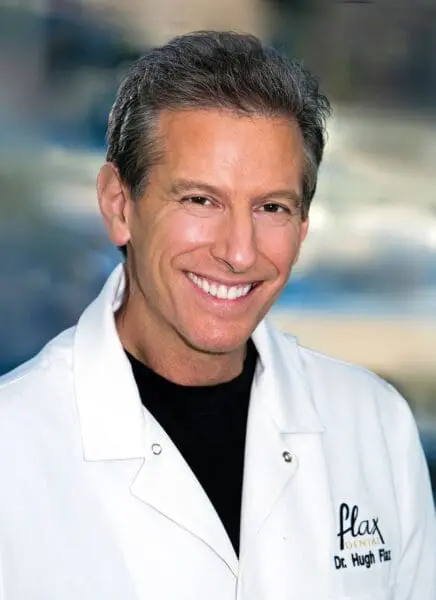Most Atlanta Dentists Aren’t Screening for This
As dentists, we’re often trained to look at teeth first. But that can lead us to treat symptoms instead of root causes.
At Flax Dental, we’ve made a deliberate shift. We now start every evaluation by asking the right questions:
- Do you wake up feeling rested?
- Have you been told you snore?
- Are your teeth chipping or showing signs of wear?
We pair those answers with a physical evaluation of your bite, tongue space, and jaw alignment—so we don’t miss what’s happening beneath the surface.
“It starts with asking the right questions and doing the right screening,” Dr. Rathburn said.
How We’re Helping Atlanta Patients Sleep—and Smile—Better
The relationship between your airway and your teeth is real. A restricted airway can cause clenching. An underdeveloped jaw can disrupt breathing. And both can wreak havoc on your sleep and oral health.
That’s why we now:
- Evaluate your full facial anatomy
- Look for signs of sleep-disordered breathing
- Collaborate with orthodontists and sleep medicine specialists
- Address cosmetic issues linked to chronic grinding
Our cosmetic dentistry services often reveal these problems. A patient may come in for a broken front tooth—but what they really need is an airway solution.
“It comes back to the anatomy,” Dr. Rathburn said, “and working with the right people to get that fixed.”
What to Do If You're Grinding at Night
If you’re grinding your teeth and you live in the Atlanta area, don’t ignore it. It may be your body’s way of signaling that something deeper is wrong.
At Flax Dental in Sandy Springs, we take a full-health approach to care. We’ll look beyond your teeth to understand your breathing, jaw alignment, and sleep patterns—and guide you toward long-term solutions.
You can schedule a consultation here or call now.
Your smile matters. Your sleep does too. Let’s treat both—together.

